Feb 15, 2023
Basic Grammar
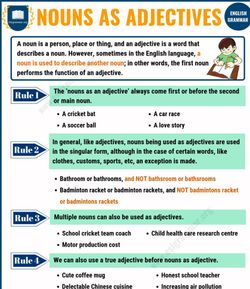
EXERCISE 1
Directions: Sometimes nouns are used as adjectives. Words that are usually nouns can help describe other nouns. Identify the nouns that are used as adjectives.
Ex: I think peanut candy is the best.
Peanut is usually a noun, but in this case it helps describe the type of candy.
1. Make sure to throw the bottle cap in the trashcan.
2. My dad’s car cover helps keep the rain off his nice car.
3. We will need the paper towels to clean up the big puddle.
4. Grandma’s flower garden has the brightest yellow flowers in the whole city!
5. Willow is our gray house cat.
6. Can you find the raincoat in the hall closet?
7. I’m trying to make a sandwich, but I can’t find the jelly jar.
8. We will set up the game in the living room on the craft table.
9. Be careful not to spill your grape juice on the couch.
10. I love the sound of grandpa’s wall clock.
EXERCISE 2
Study these sentences:
- They have built a bridge of concrete.
>> They have built a concrete bridge.
Now rewrite the following sentences in the same way:
1- A wall off concrete round the reactor absorbs the radiation.
2- Tubes for carrying water run through the boiler.
3- Fuses are usually put in a holder of glass.
4- Man has used the power of steam.
5- They have fixed up new lights for traffic at this road-junction.
6- Our company is going to get equipment for building.
7- Operators who operate machines should not wear loose clothes.
NOTES
Vocabulary Words
concrete (noun) - a mixture of broken stone or gravel, sand,
cement, and water,
reactor (noun) - large machine used to produce nuclear energy
absorb (verb) - to take something in (like water) slowly
boiler (noun) -a device that heats water
fix up (verb)- to repair or change something so that it is ready for
use
junction (noun) _ intersection; place where roads come together
loose (adjective) - not tight; too big in size (normally used for
clothes)
All - Every - None
All means the total number of people or things considered as a group.
Every means all members of a group considered individually.
None means ‘not one’ or ‘not any’. We use it as a pronoun to replace countable and uncountable nouns. We use it as subject or object:
-- EVERY --
Every refers to all members of a group though considered individually. It can be used to talk about three or more people/things.
Every + singular noun
The noun that comes after Every is in singular form.
I have visited every country in South America (we do NOT say: every countries)
I can understand every word our teacher says. (we do NOT say: every words)
Note, when you use every + noun as a subject, it uses a singular verb (verb + s)
Every day is a chance to learn something new.
Every child needs love and care.
Every house on the street looks the same.
Every + number + plural noun
Every can be followed by a plural noun when there is a number before that noun. This is common with periods of time or things at regular intervals.
He gets his head shaved every three weeks.
You need to take a break every two hours.
We can also use every without a number and a singular noun to refer to regular intervals:
He plays football every Saturday.
She goes to the gym every day.
-- ALL --
All refers to the total number of people or things of a group. They are considered as a group and not individually. There are minimum three things in the group.
All + noun
We can use All with a plural noun to make a generalization about an entire group of something.
All sharks are dangerous.
All elephants are slow.
All + of + determiner + noun
The noun can be plural or an uncountable noun. These nouns can also be replaced by pronouns.
You need to read all of the books.
All of the pages are yellow and old.
All of the fish in the pond have died.
You need to remove all of them before they start to smell bad.
Note that All of + singular noun is not common and Whole or Entire used instead of all of.
You need to read the whole book (= all of the book)
We can also remove OF before the determiner + noun (but we must use OF before a pronoun)
You need to read all the book.
All the pages are yellow and old.
Pronoun + all
Sometimes you can place All after a pronoun to emphasize that every single one of that group is included.
We all hope you get better soon.
I hope you all have a great time.
I have made us all some sandwiches.
ALL vs EVERY
Compare All vs. Every
A simple way to remember is that All is with a plural
noun + plural verb while Every is with a singular noun + singular verb. Every can also suggest “without exception”.
All students receive a certificate.
Every student receives a certificate.
We can use All with uncountable nouns (and not Every).
I like all music (NOT every music)
Place all luggage on the counter. (NOT every luggage)
-- NONE –
None + of + the
None of the books is interesting
None of the students is doing the homework.
None of the workers was paid.
None + of + demonstrative pronoun
None of this would ever happened if you just followed me
Brenda thinks none of these medicines work for her sickness.
We never imagined that none of those people would help us in times of need.
None + of + possessive / pronoun
possessives (my, your)
None of his old friends knew what had happened to him.
It doesn’t matter. None of it was your fault.
None of my friends knows it.
In formal styles, we use none of with a singular verb when it is the subject. However, in informal speaking, people often use plural verbs:
None of that surprises me.
Indeed, none of his novels is well shaped or well written.
None of the products have been tested on animals and all the bottles are recyclable. (informal)

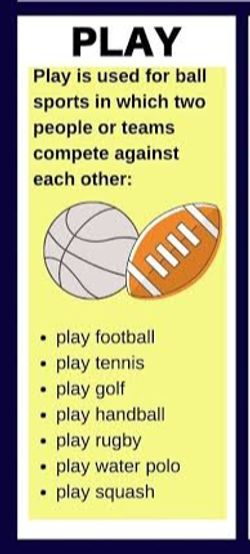
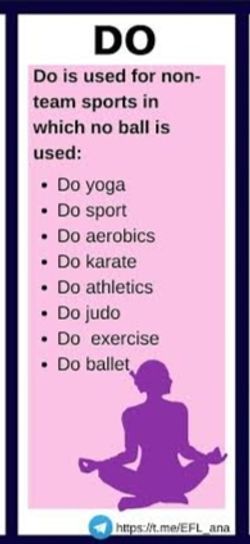
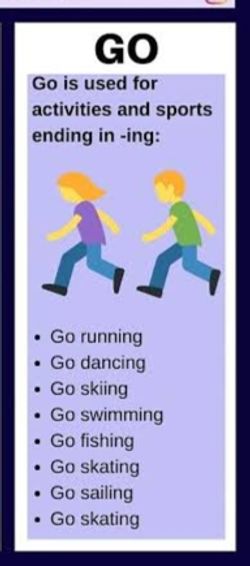
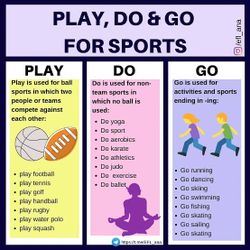
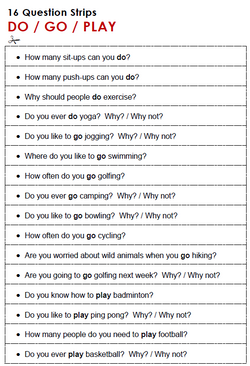
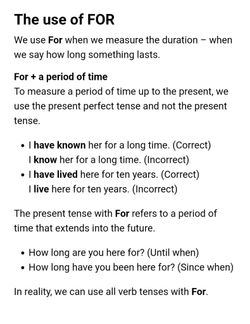
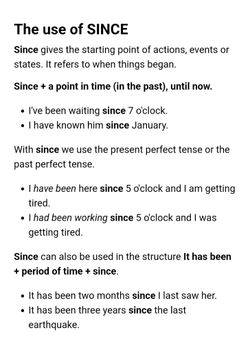
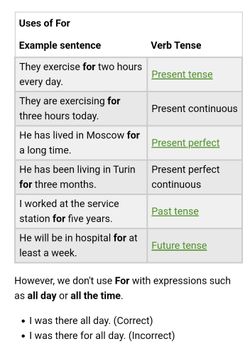
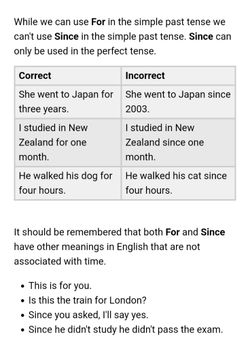
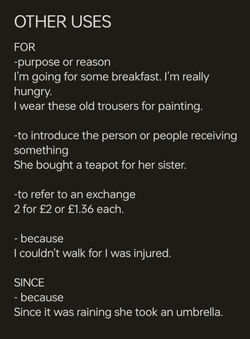

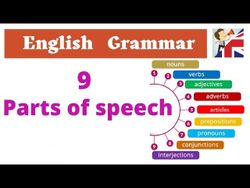
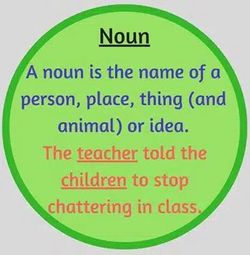
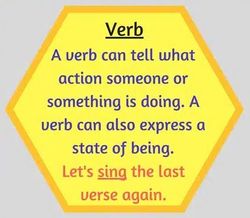
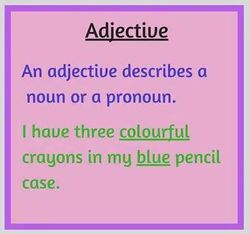
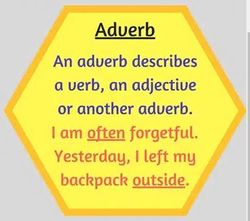
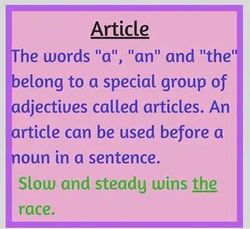
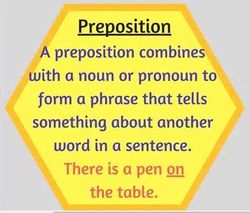
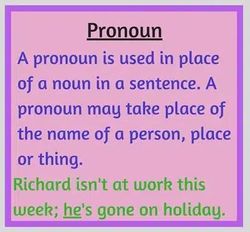
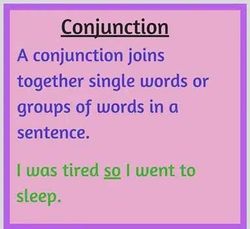
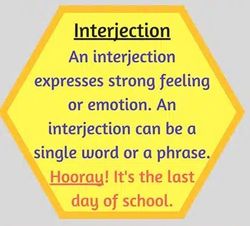
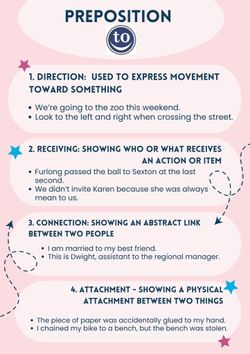
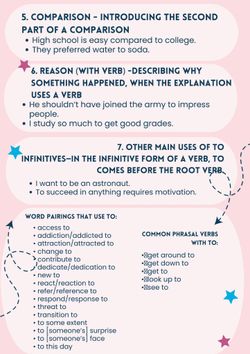
By undefined
39 notes ・ 99 views
English
Elementary